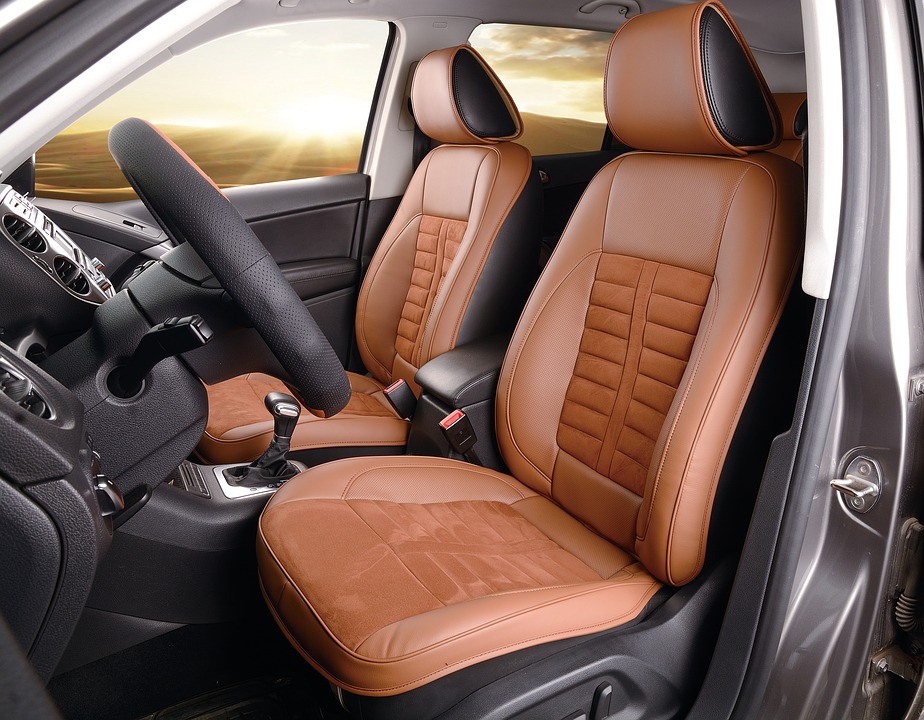Future car trends in China: What’s next in the automotive interior design?

Today, the relationship towards cars in China is not the same as in the past, which can be observed in various aspects. For instance, the primary influential factor shifted from the brand to quality and performance, and the perception of car ownership changed through the rising interest in different forms of mobility, such as car sharing. Also, the increasing awareness of environmental aspects plays a role. The government, for instance, actively supports new energy vehicles (NEVs) and the nation is the world’s largest electrical vehicle market. Additionally, the evolution in technological advancement mirrors the moment of change in the Chinese automotive industry. The world’s biggest automobile market encompasses tremendous opportunities for automakers. However, one needs to be aware of future car trends in China and adapt to local taste and needs to ensure success in the booming market.
Experts evaluate future car trends in China
Daxue Consulting co-organized an automotive workshop in China with the goal to spread in-depth knowledge of consumer insights and design trends, and collect ideas for future car trends in China with a focus on interior design concepts. The participating management of major European car brands aimed to discuss the topics with experts to gain most valuable china-specific ideas for the future.
The workshop enabled the connection of valuable insights with creative ideas
The automotive workshop in China, dedicated to future car trends in China, involved experts in market research, such as Daxue Consulting’s founder and CEO, Matthieu David-Experton, as well as experience and industrial designers, creative directors, trend specialists, and the car manufacturers’ teams for technical insights.
During the 2-day workshop, the discussions targeted in particular future car interior design concepts by answering the following core questions:
- What will be the future usage scenarios and needs of Chinese consumers?
- What functions are necessary to comply with this demand?
The participants released their creative ideas during vivid discussions and developed a framework of design directions. The teams considered different aspects to evaluate the future car trends in China and sorted the ideas into ‘What will happen,’ What may happen,’ What is insecure whether it happens.’
Technological developments, such as autonomous driving through car automation, will have direct consequences on the interior design and functions. David-Experton explains: “Future car trends in China open new perspectives. The car will not only be a means of transportation, but will also serve as means for organizing meetings, sleeping, or working. Thus, Chinese drivers will be in need of comfortable, functional, and spacious car interiors.”
The participants also addressed social changes such as urbanization which will lead to long waiting times due to congestion. Therefore, the teams also dealt with the subject of how Chinese will use this time and what functions are needed. In-depth insights of consumer habits, internet trends, and media usage supported the creative sessions.
New application ideas also arose from insights into future customer profiles and their expectations towards living spaces, mobility, and transportation. The aging society, an increase in per capita income, or the changing consumer behavior and attitude, are only a few factors being discussed to evaluate future car trends in China. David-Experton adds: “The car sharing model has also been part of the discussions, namely what it will imply in terms of a business model in 2030, including rating the passengers for instance.”
Be one step ahead in the moment of change
Daxue Consulting not only provided insights and helped investigate future car trends in China but also gained additional knowledge through participating in the workshop. The creative sessions had been inspiring, and the collaboration with designers and the team of the car brands provided in-depth know-how towards possible applications, the preferred set of materials, technological surface effects, or color combinations. If you are interested in the attitudes towards cars in China, or the interior design in 2030, don’t hesitate to contact Daxue Consulting’s experienced team.
Related topics
Soar or Crash: Chinese Auto Retailers Look to Transition and Upgrade
VR Expected to Jumpstart the Automotive Industry in China
Auto Sector in China – From Production to Car Ownership
Driverless cars in China: How is China competing with the rest of the world

